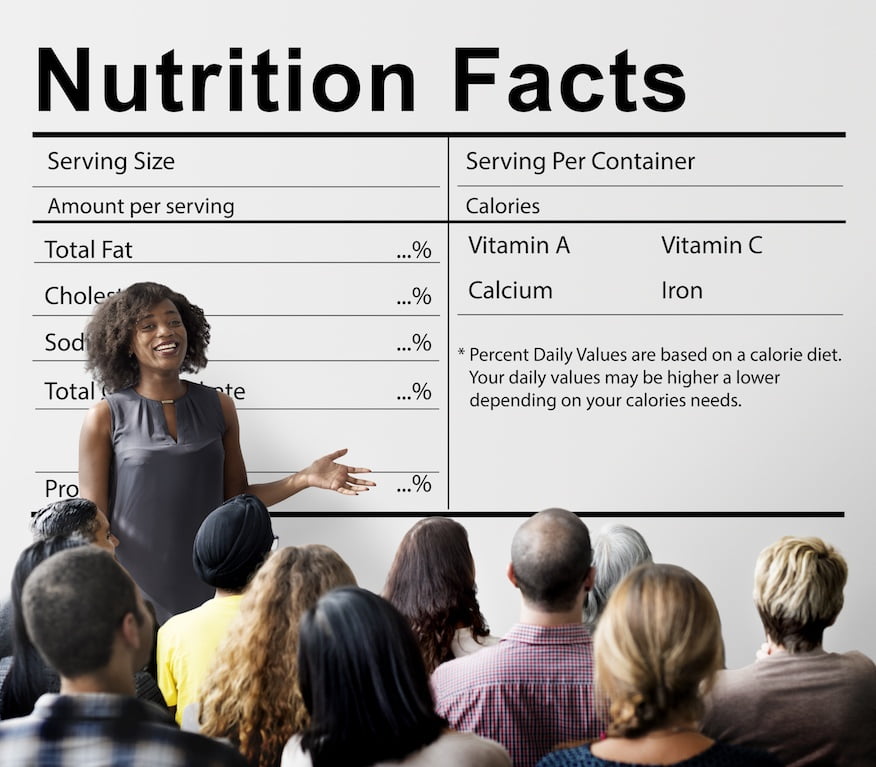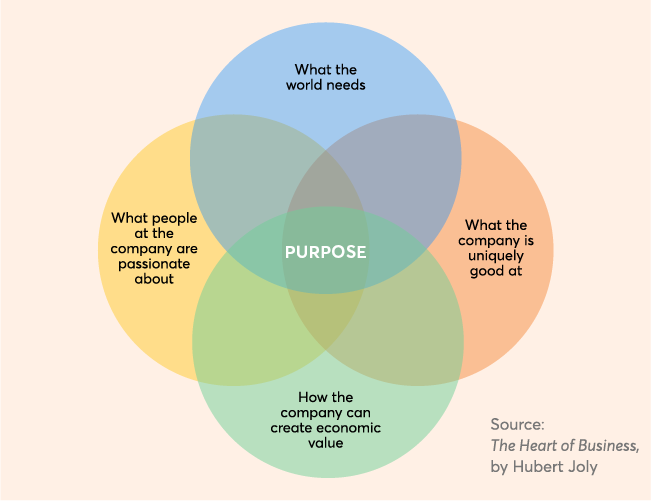 Losing weight requires a multi-pronged approach. Exercise is important. So is a healthy diet. A third component that can be a critical link in the weight loss journey is the tracking of a healthy diet, but many people are reluctant to track their food because they think it is too onerous to record every salad, chicken breast, or potato chip consumed.
Losing weight requires a multi-pronged approach. Exercise is important. So is a healthy diet. A third component that can be a critical link in the weight loss journey is the tracking of a healthy diet, but many people are reluctant to track their food because they think it is too onerous to record every salad, chicken breast, or potato chip consumed.
However, a recent study published in journal Obesity tests that theory and suggests that tracking food doesn’t have to be as difficult as it is believed to be and can still be effective in weight loss. In the study, participants recorded what they ate each day for 24 weeks in an online behavioral weight-control intervention. The time they spent and frequency with which they monitored food intake were recorded, along with weight loss. At the end of six months, two things were clear: (i) participants who logged into the journal more frequently lost more weight and (ii) the self-monitoring process did not take very long.
Frequent Tracking Proves Effective
The correlation between self-monitoring and weight loss has long been established, and this study reinforces it. Interestingly, in this study, completing the journals frequently was a greater factor in weight loss than ensuring journals were accurate or complete. Participants who were the most successful, losing 10% of body weight, logged into the journals an average of three times a day throughout the program. This finding is similar to other studies that show the greater the consistency of logging in (i.e., number of days in a row), the greater chance of achieving 5% or more weight loss.
Less Time Spent Tracking Than Expected
Because the tracking in this survey was done online, researchers were able to accurately monitor the time spent on the task, as opposed to asking participants to estimate their efforts. The successful participants spent 23 to 24 minutes a day recording food initially and 15 to 16 minutes a day by the last month of the program.
In the past, it was possible to suggest how long a person should exercise a day, but there was no reference for how long someone should spend journaling. This study gives dieters a better expectation of the commitment needed for journaling that is linked to weight loss success.
Why Tracking Works For Weight Loss
It almost doesn’t make sense. How can writing down or typing in information about food that’s already been eaten help with weight loss? Experts say that food tracking increases awareness of what has been eaten. A person may have no idea of how much has been consumed in a day until it has been tracked. Tracking food is also like maintaining a financial budget. It is possible to decide how calories should be spent, giving the dieter a greater sense of control and reassurance that they can still include occasional treats.
Tracking food also provides immediate feedback. It takes time to safely lose weight through diet and exercise. Tracking provides frequent encouragement and redirection. Additionally, each time a food is tracked, it is a reminder of the overall goal.
Tracking is so powerful that a recent study found that tracking alone helped participants lose weight even if the participants were not even following a particular diet.
Including Nutrition Apps In A Wellness Programs
Wellness programs that do not include nutrition apps as a component in a weight loss program are missing an important way to boost their employees’ weight loss success.
Weight loss programs typically provide recommendations on the type and amount of exercise and food that can lead to healthy weight loss. In addition, these programs should recommend participants use a nutrition app, track food about two to three times a day for an average of 20 minutes per day, and track food consistently throughout the weight loss process.












